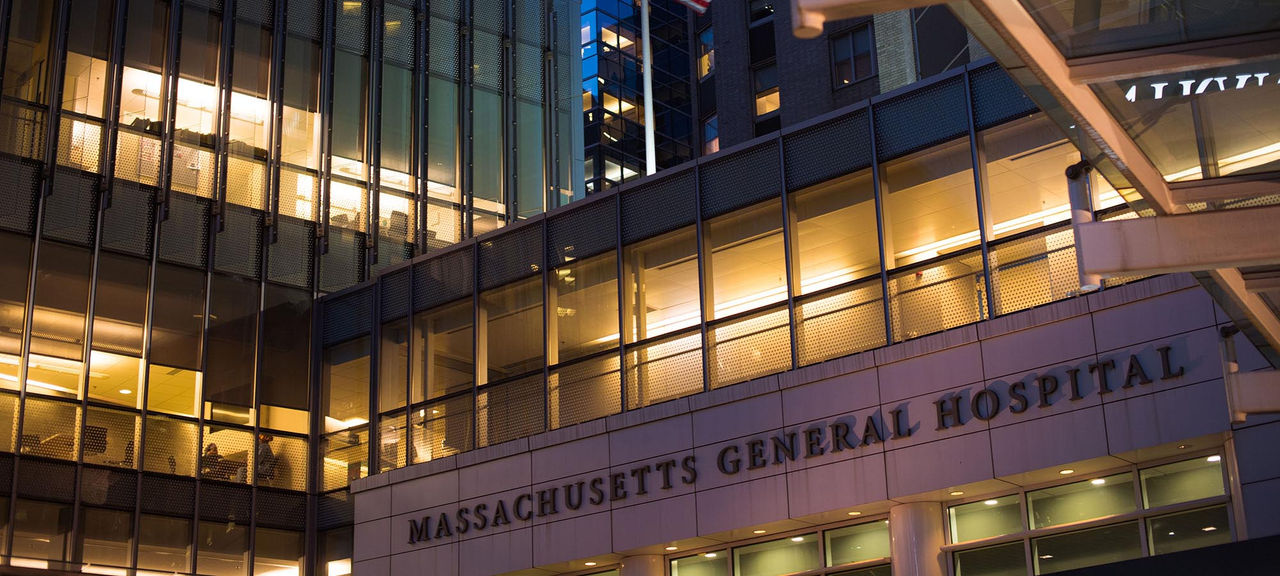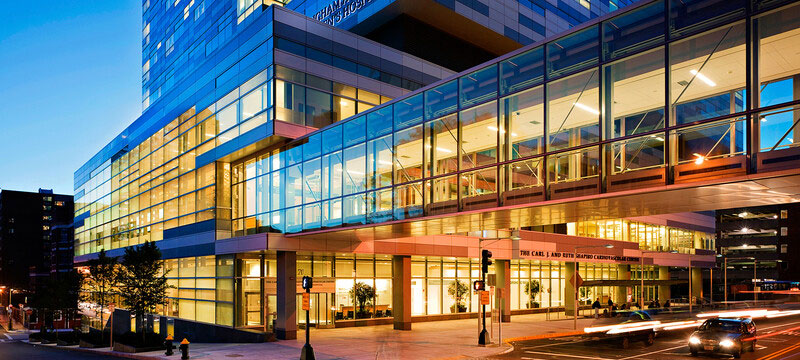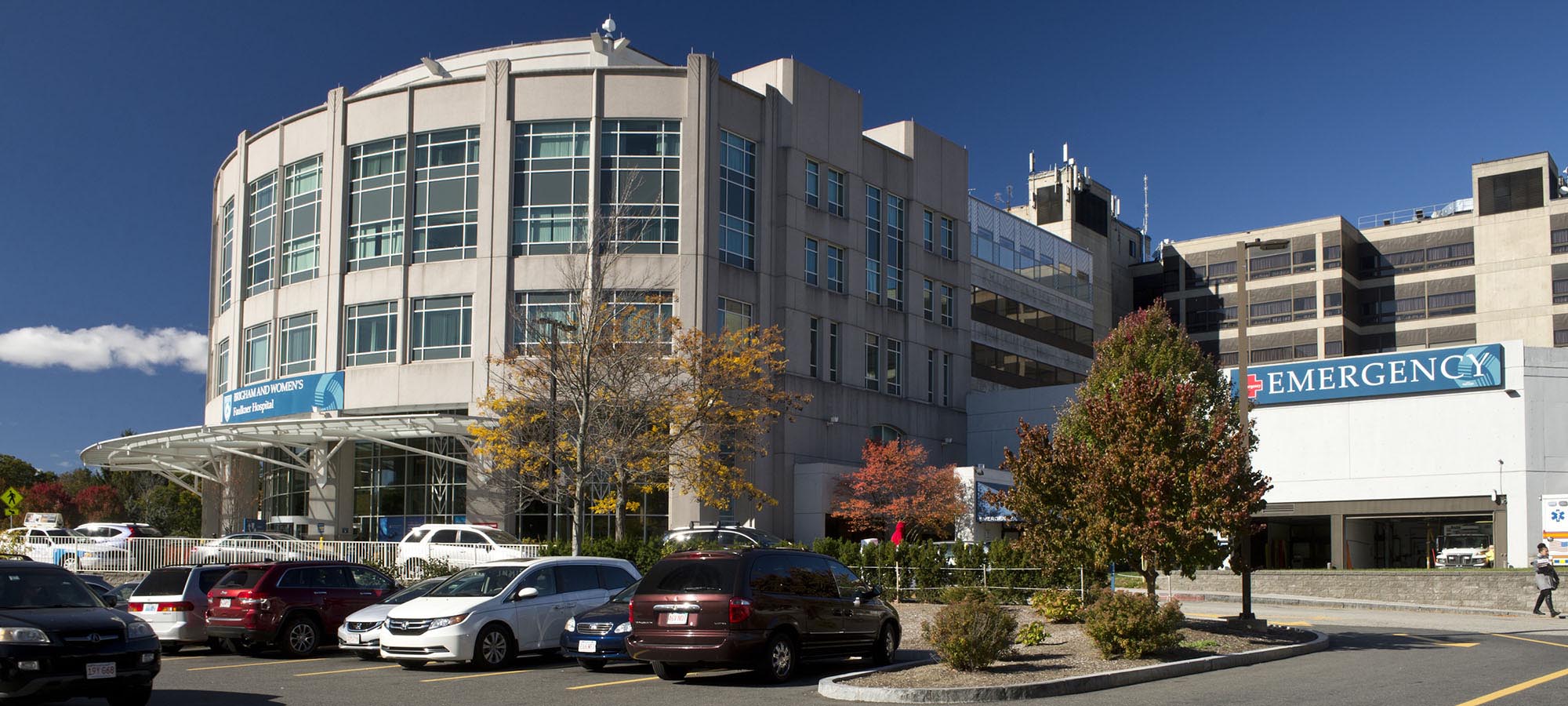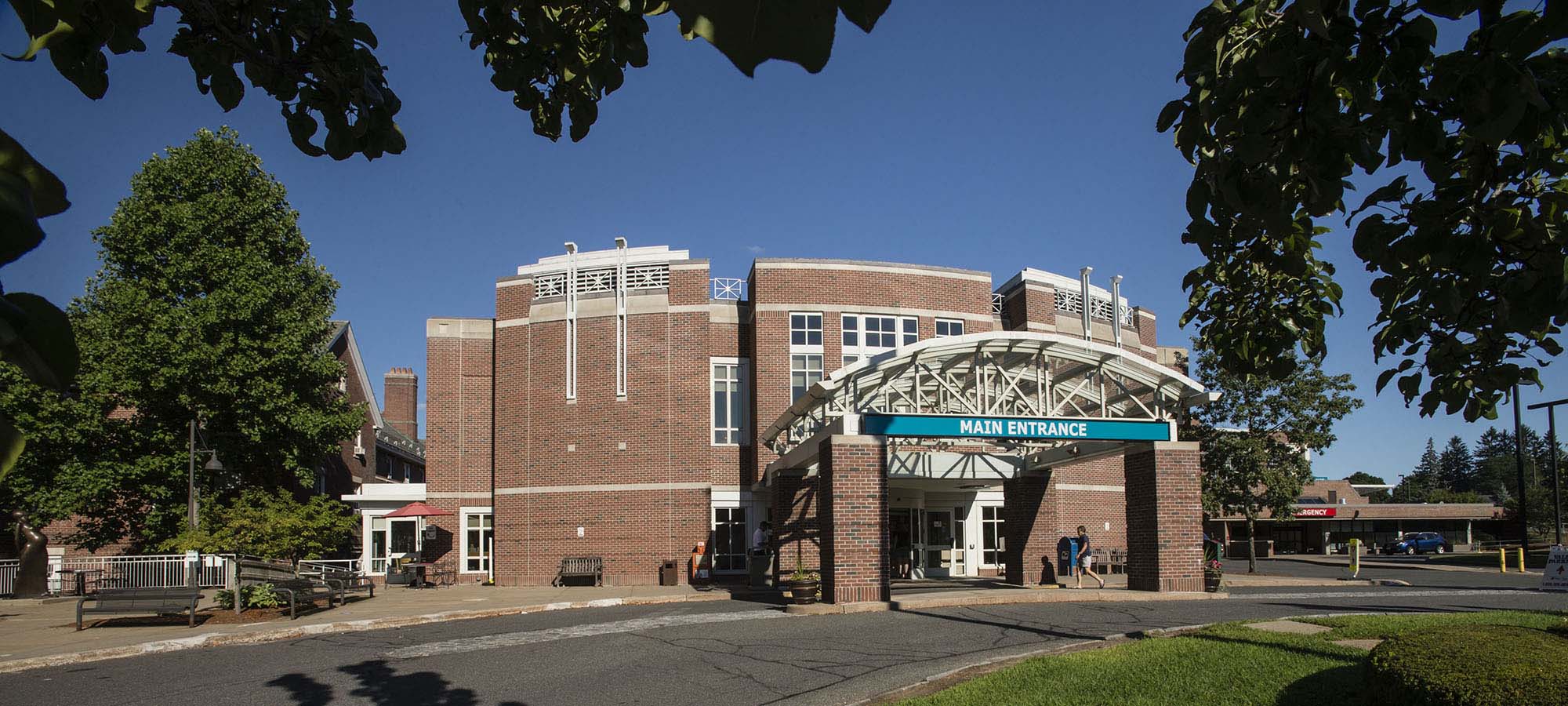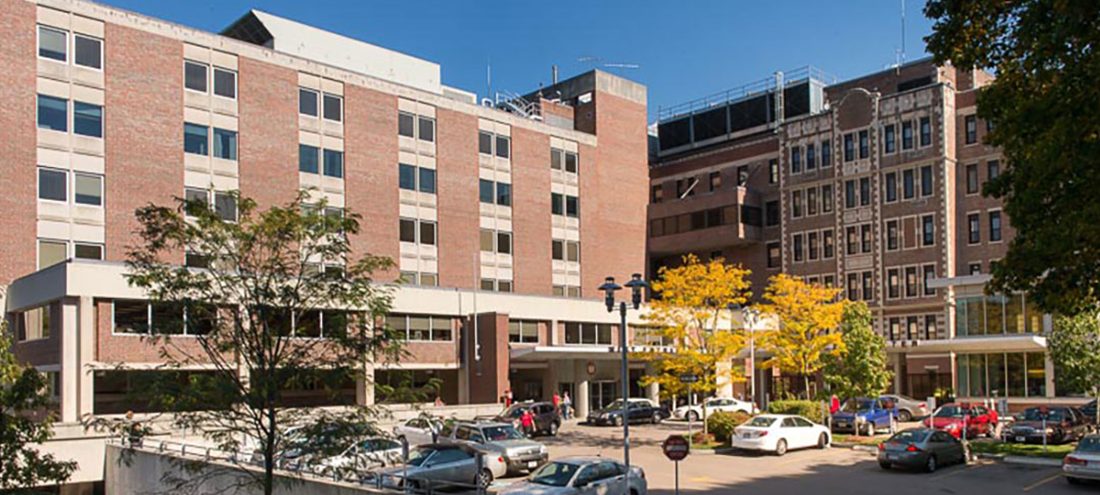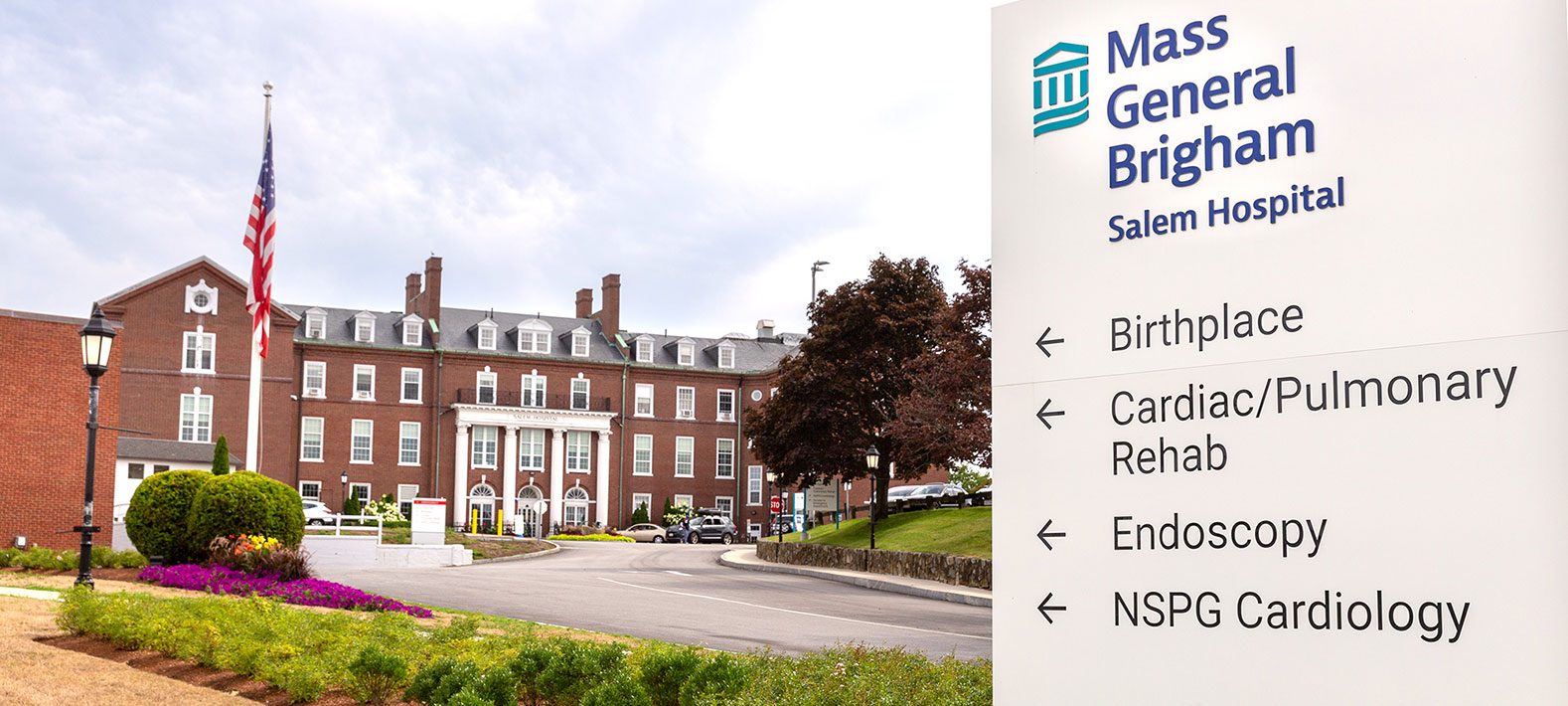Your visit may include diagnostic tests, such as blood work, X-rays, or CT scans. Once the results are ready, your care team will discuss them with you and explain the next steps in your care.
Depending on your condition, your care plan may involve:
- Receiving treatment in the ER and being discharged with instructions for follow-up care.
- Being seen by an on-call specialist, such as a cardiologist or surgeon.
- Being admitted to the hospital for further monitoring or treatment.
If you are sent home, your ER care team will give you detailed instructions, including a recommendation to follow up with your primary care physician. If you don’t have a primary doctor, we will provide a referral to one.

